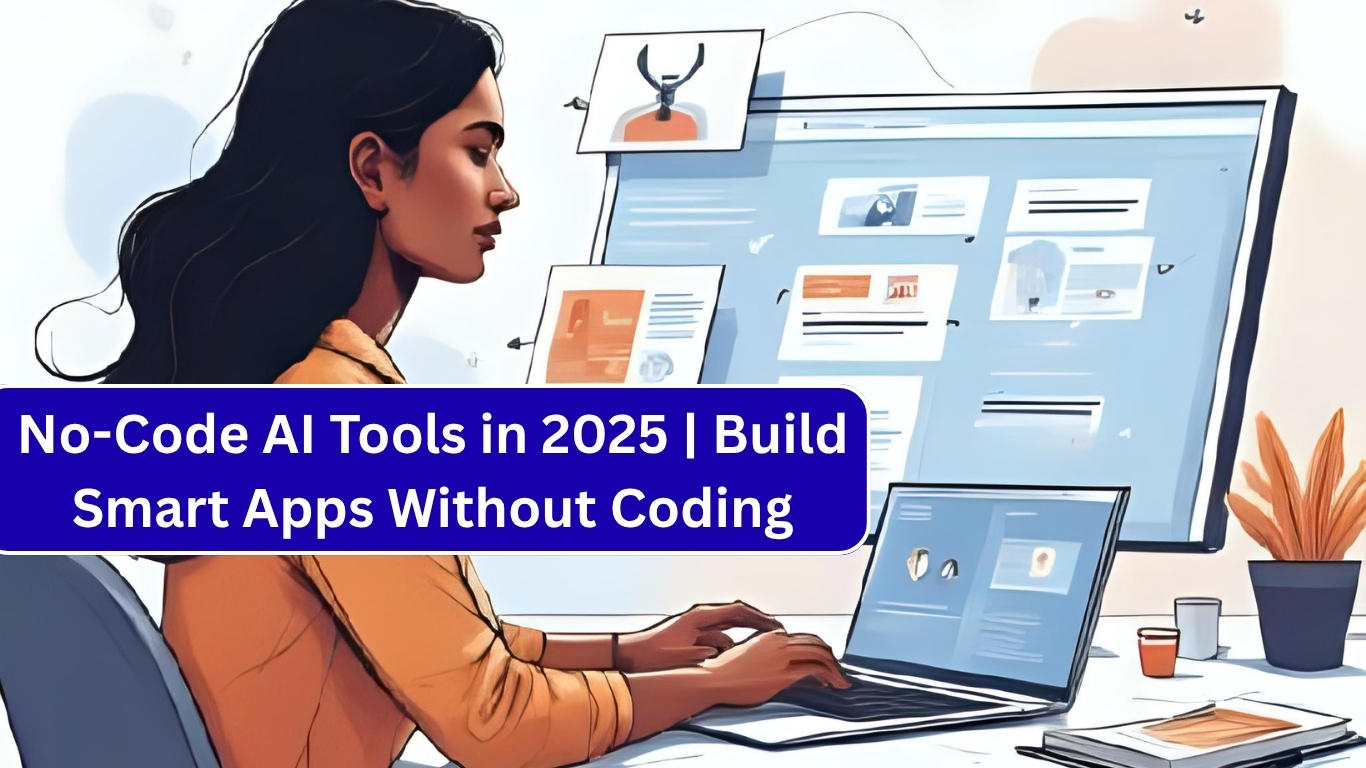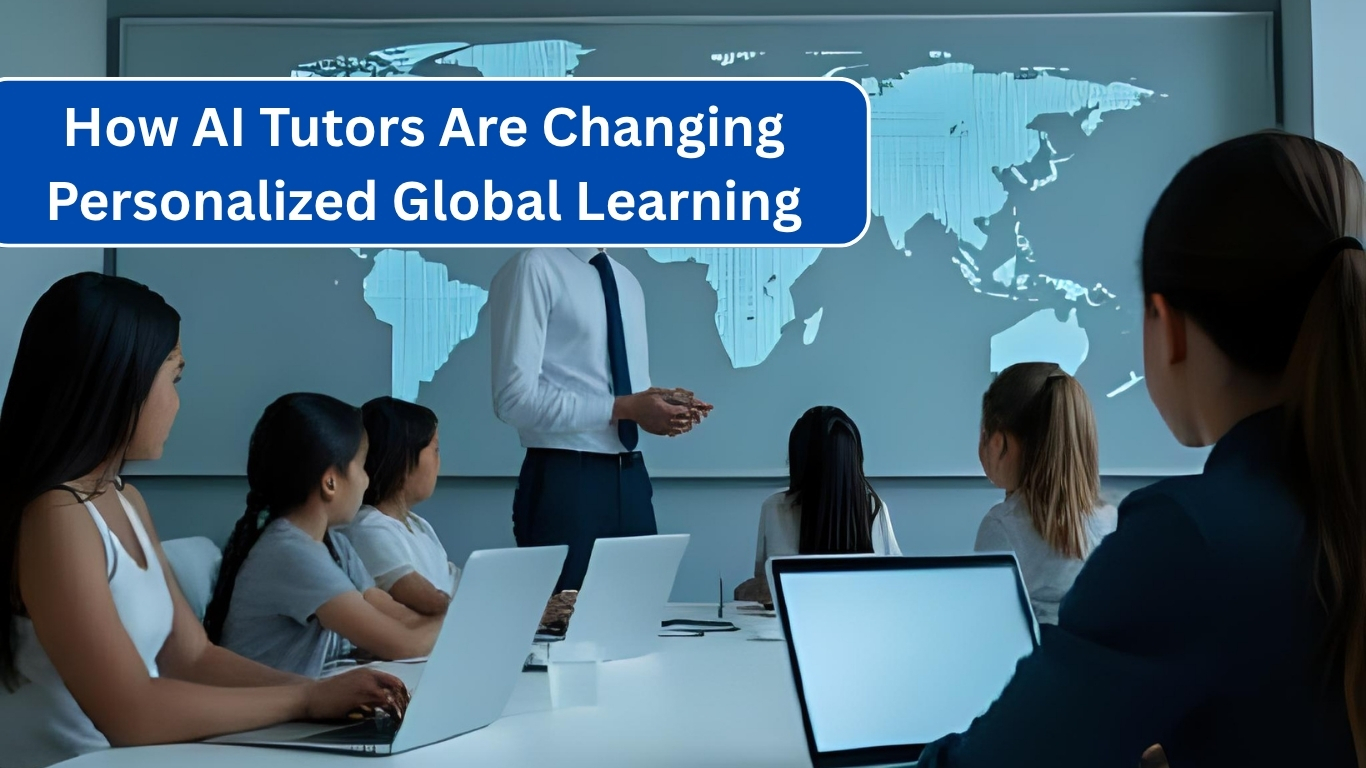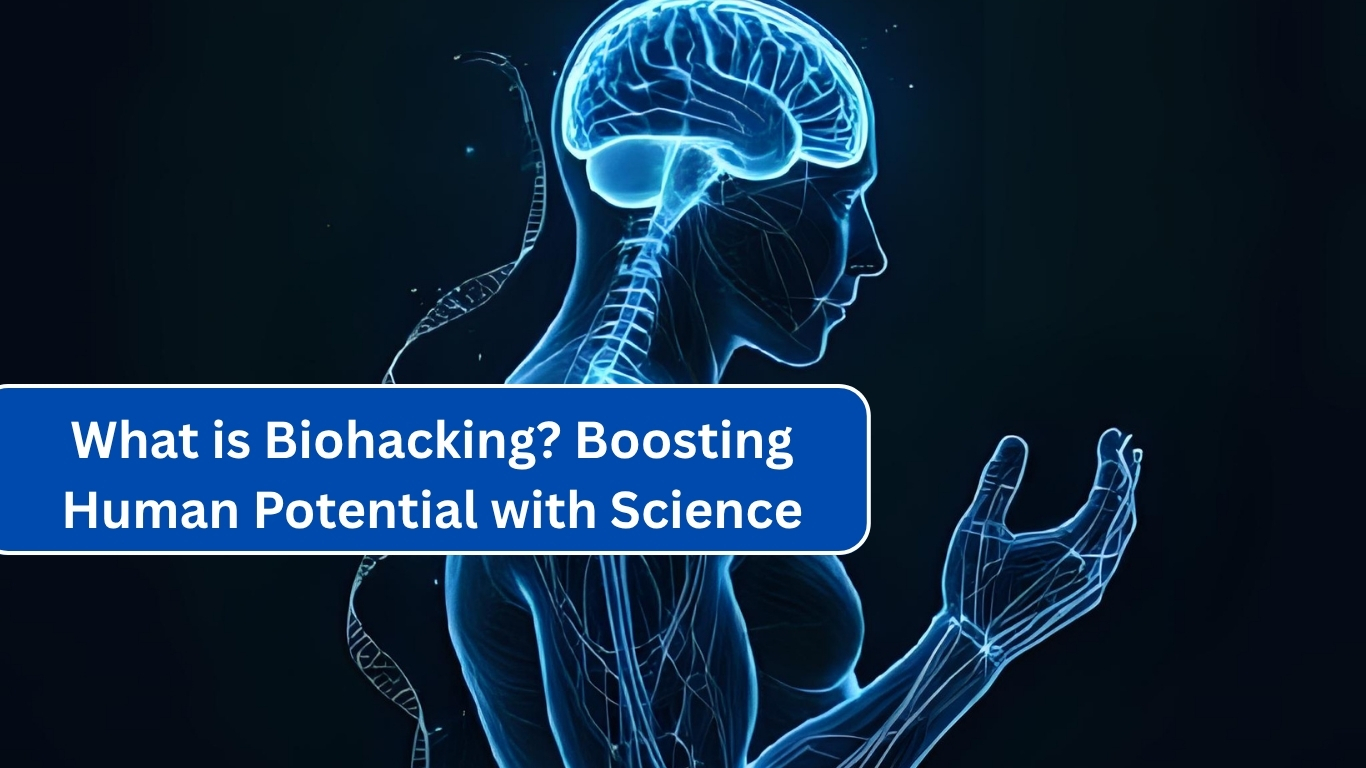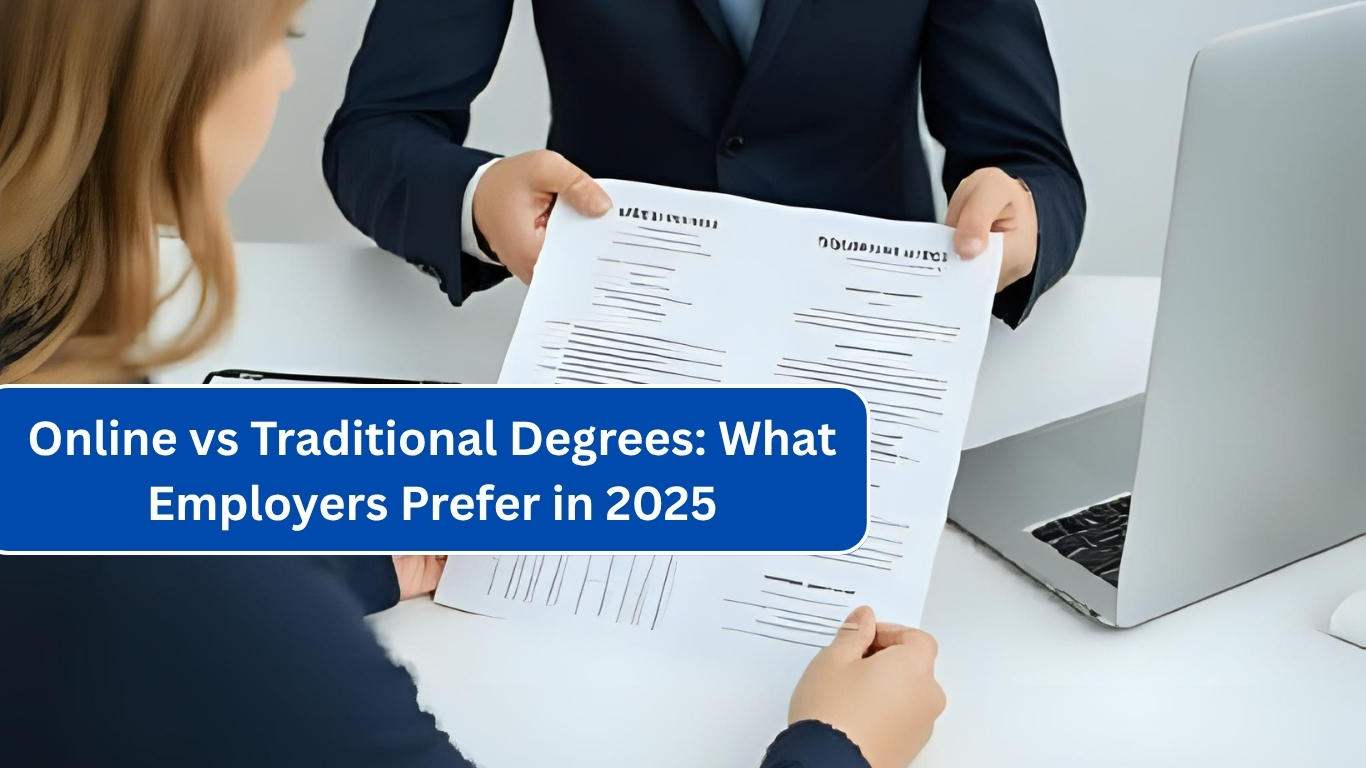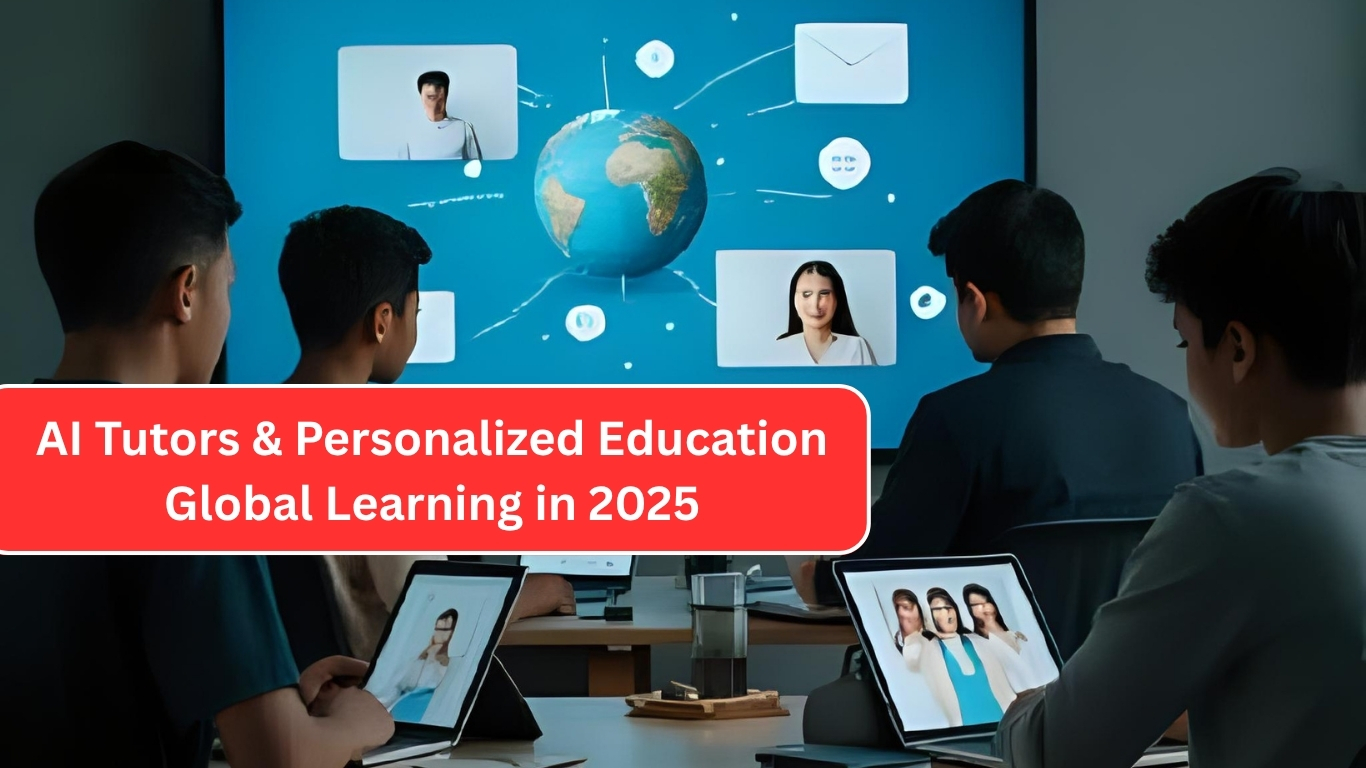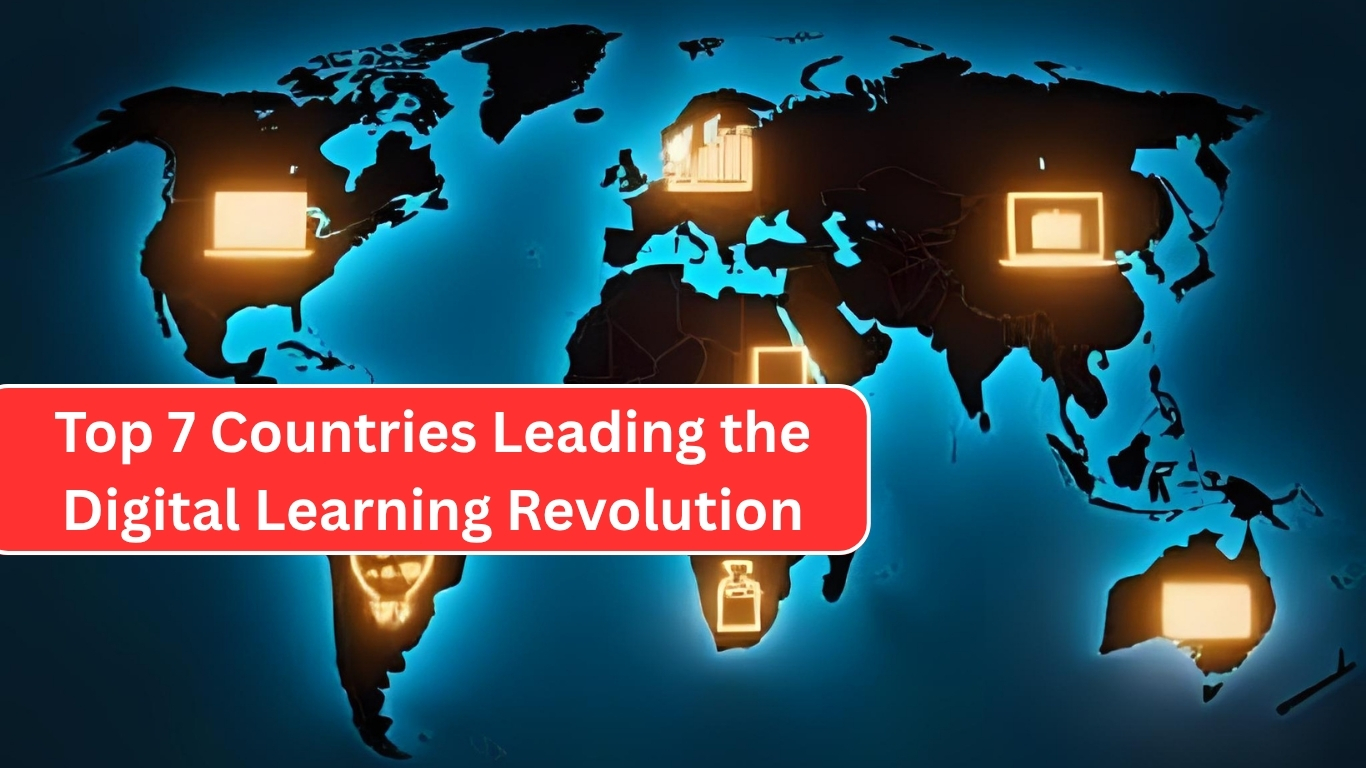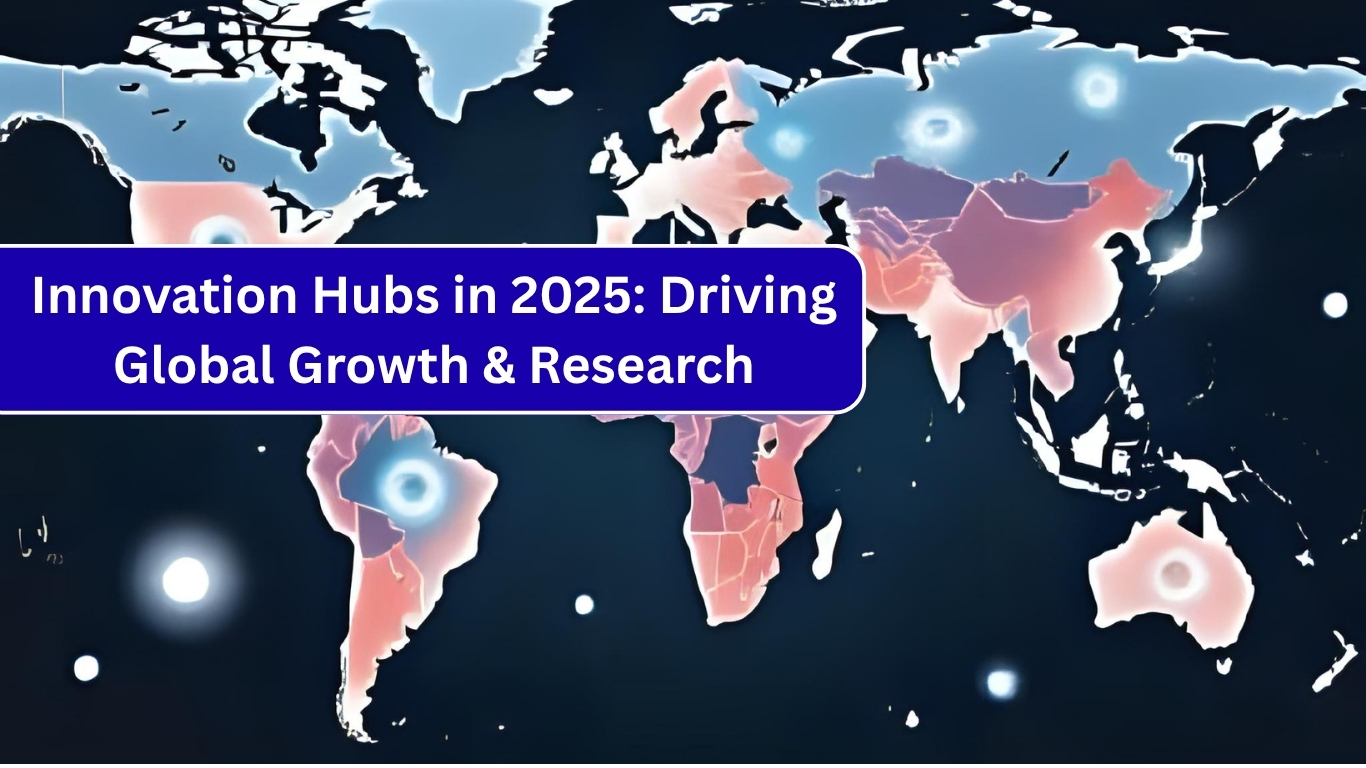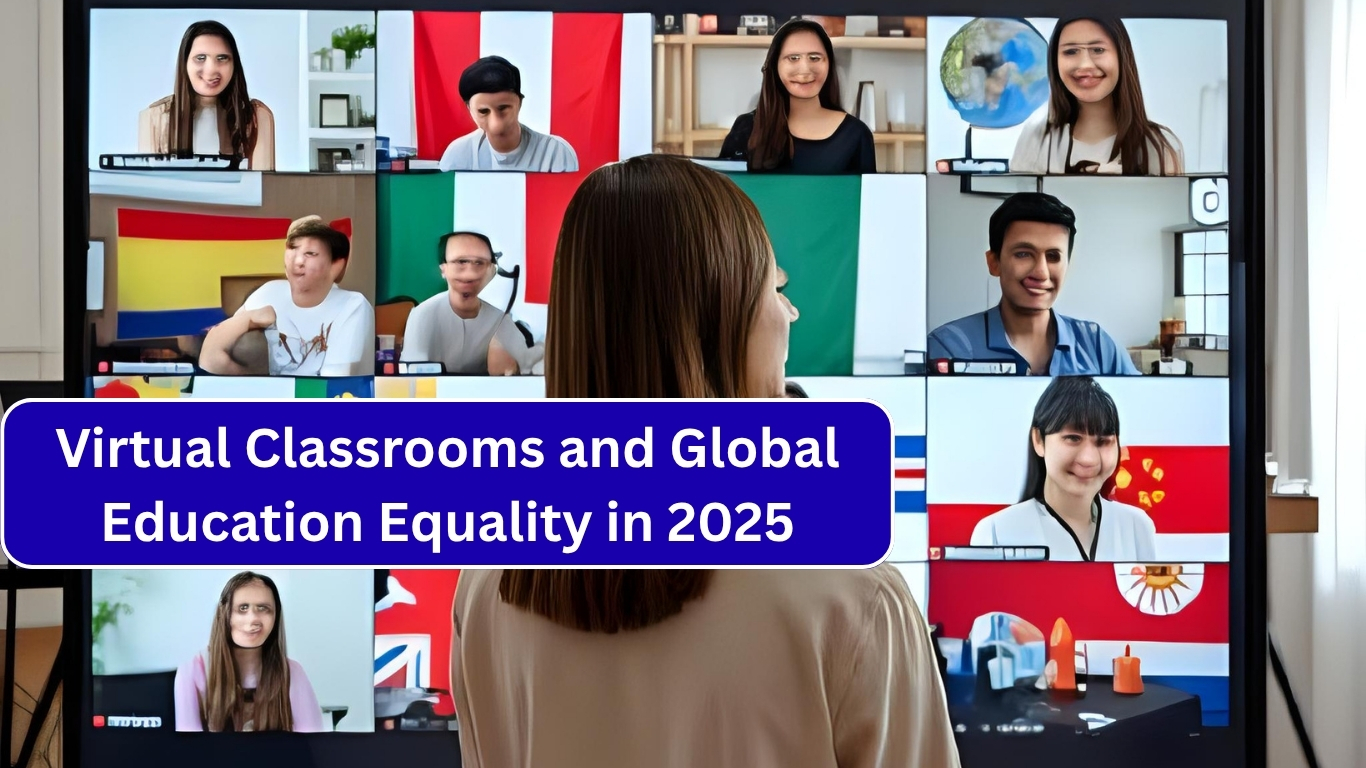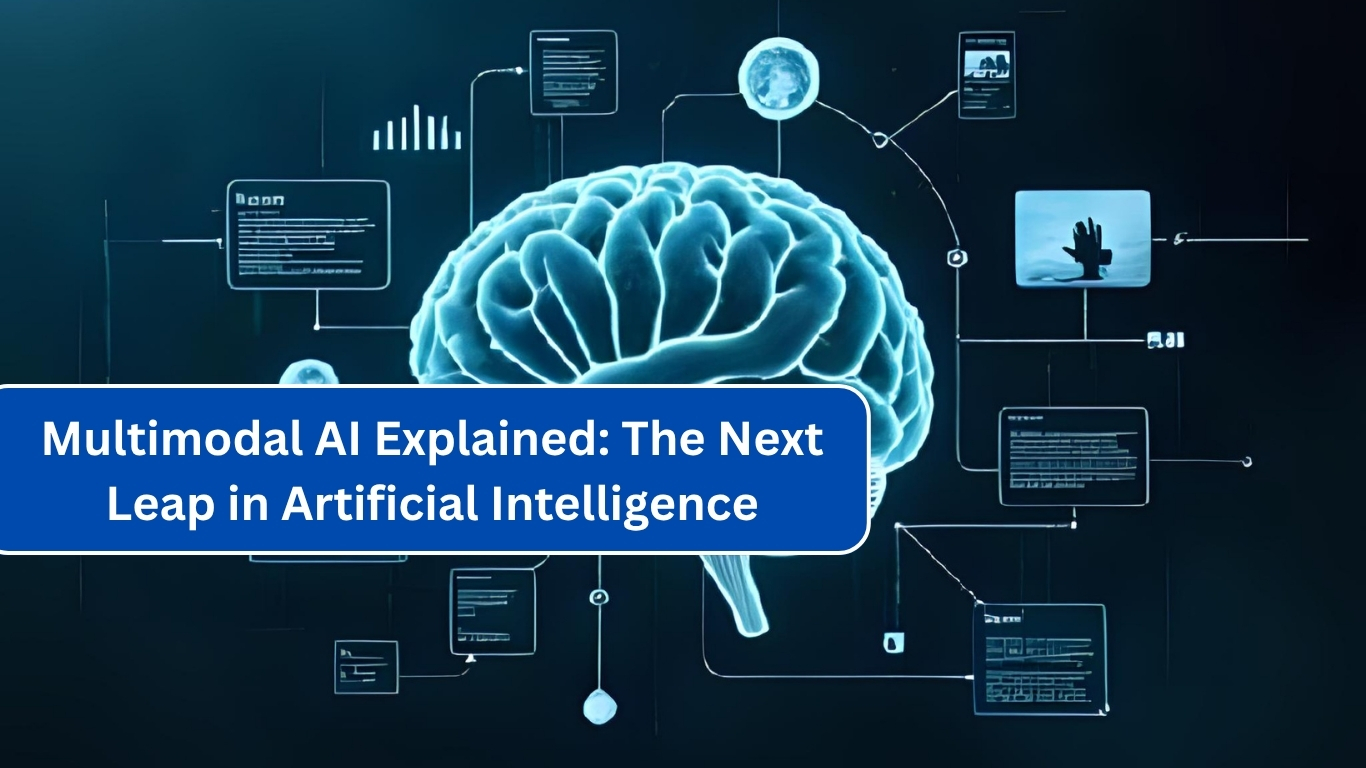What if you could build a smart app—without writing a single line of code? In 2025, you can. Thanks to the rise of no-code AI tools, everyday users, educators, marketers, and entrepreneurs are turning into app creators.
Let’s explore how no-code AI is democratizing app development and which tools are leading the charge.
1. What is No-Code AI?
No-code AI platforms allow users to create AI-powered applications using simple visual interfaces. These tools eliminate the need for coding by offering drag-and-drop components, templates, and guided workflows.
Key Features:
- Pre-trained AI models
- Integration with data sources
- Visual dashboards and outputs
2. Why No-Code AI Matters in 2025
Accessibility = Innovation
- Empowers non-developers to solve real-world problems
- Accelerates digital transformation for small teams and educators
- Reduces development costs and timelines
Industries Using It:
- Healthcare
- Education
- Small business automation
- Marketing and customer service
3. Top No-Code AI Tools You Should Know
1. Peltarion
Drag-and-drop AI model builder for text, image, and numerical data.
2. Google AutoML (Vertex AI Studio)
Train and deploy machine learning models with no code.
3. Microsoft Power Platform (Power Automate + AI Builder)
Automates workflows and adds AI insights into Office apps.
4. Bubble + AI Plugins
Build web apps using Bubble’s interface with GPT integrations.
5. Durable.co
Create full AI-powered business websites and tools in minutes.
4. Real-Life Use Cases
Example 1: A teacher uses Peltarion to create a custom reading comprehension assistant for ESL students.
Example 2: A small business owner automates customer service replies using ChatGPT API + Make.com.
Example 3: A student builds a budgeting chatbot using Glide and OpenAI API.
5. Challenges & Considerations
- Data privacy: User-uploaded data must be protected
- Limited customization: Power users may hit feature limits
- AI literacy gap: Users need basic understanding of how AI works to avoid bias or misuse
6. What’s Next for No-Code AI?
- Voice + vision-based no-code tools (e.g., generate apps via conversation)
- More GPT-5 powered plug-ins and automations
- No-code AI co-pilots for every department in a business
Conclusion
No-code AI is not just a trend—it’s a transformation. In 2025, anyone with an idea can build a smart tool, solve a problem, or start a business with the help of no-code platforms.
You don’t need to be a developer—you just need a vision.
